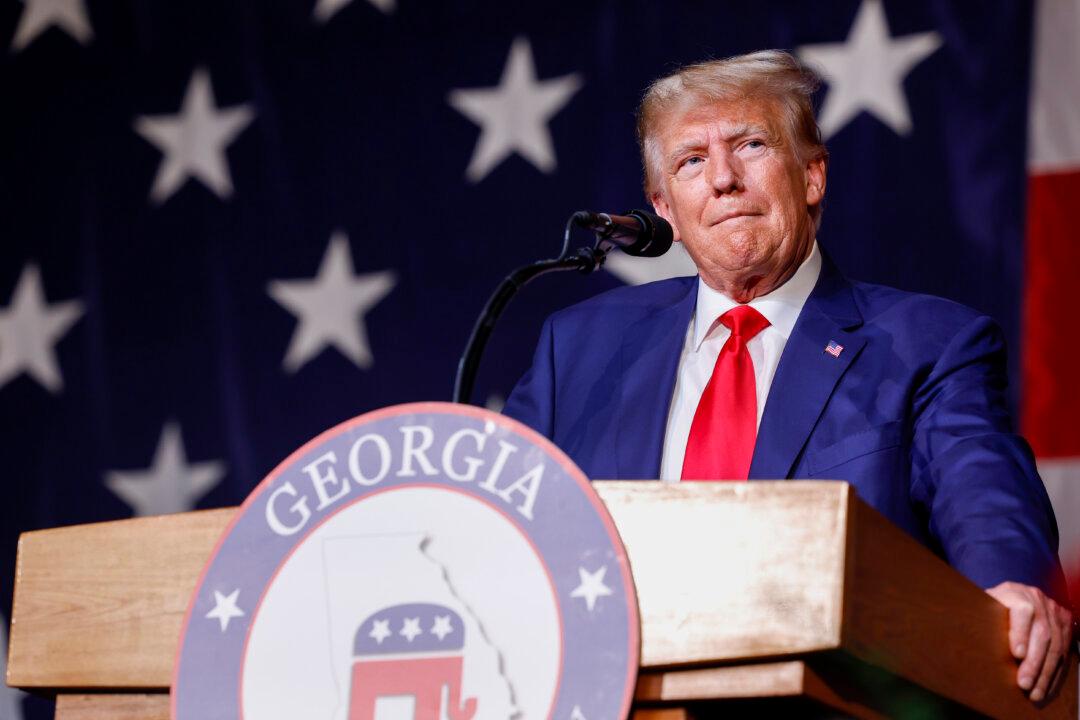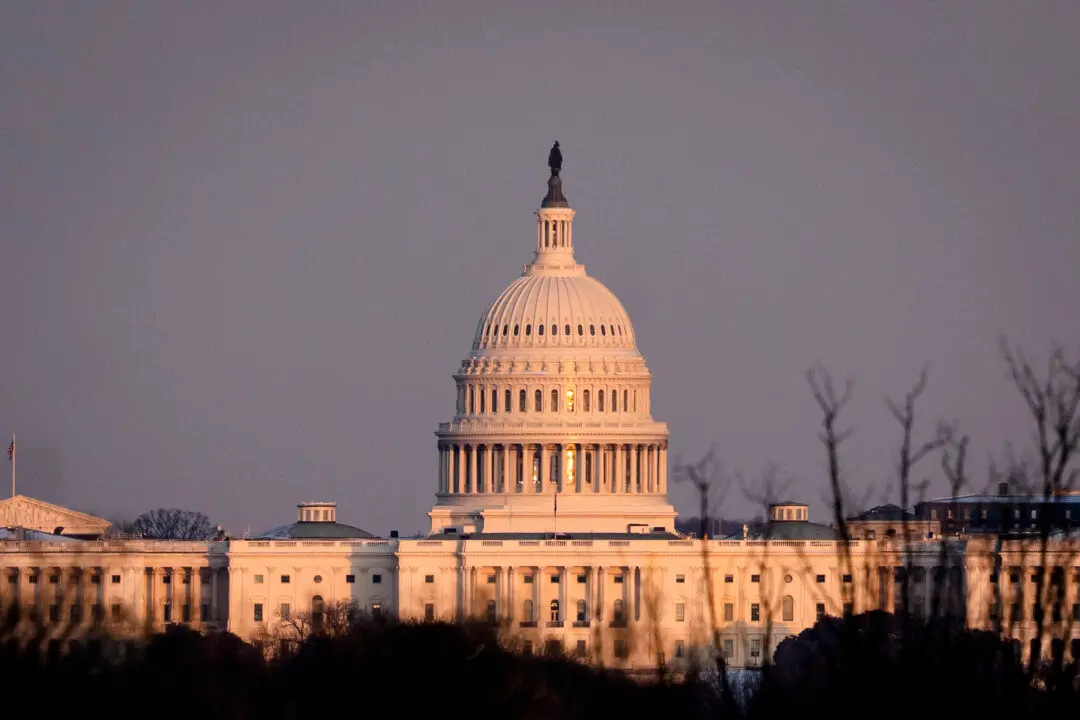In a unanimous decision, the Supreme Court of the State of Georgia denied former President Donald J. Trump’s attempt to scuttle a grand jury report in Fulton County on the 2020 presidential election in that state.
The July 17 decision follows his repeated attempts to quash that special purpose grand jury report, which could lead to another criminal indictment for the previous commander-in-chief.





